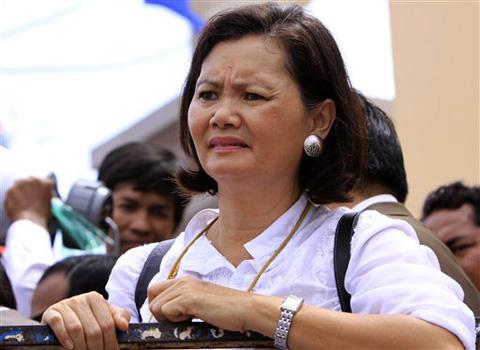Participation
The Participation theme focuses on women’s representation and participation in peace processes, electoral process – as both the candidate and voter – UN decision-making positions, and in the broader social-political sphere.
The Security Council acknowledges the need for strategies to increase women’s participation in all UN missions and appointments to high-level positions in SCR 1325(OP3) and 1889(OP4) and further emphasises the need for women’s participation in peacebuilding processes (1889).
Specifically, it calls for the mobilisation of resources for advancing gender equality and empowering women (OP14), reporting on the progress of women’s participation in UN missions (OP18), equal access to education for women and girls in post-conflict societies (OP11), and the increase of women’s participation in political and economic decision-making (OP15). Until this language translates into action, the potential for women’s full and equal contribution to international peace and security will remain unrealized.
For more resources on this Critical Issue, visit PeaceWomen Resource Center >>




